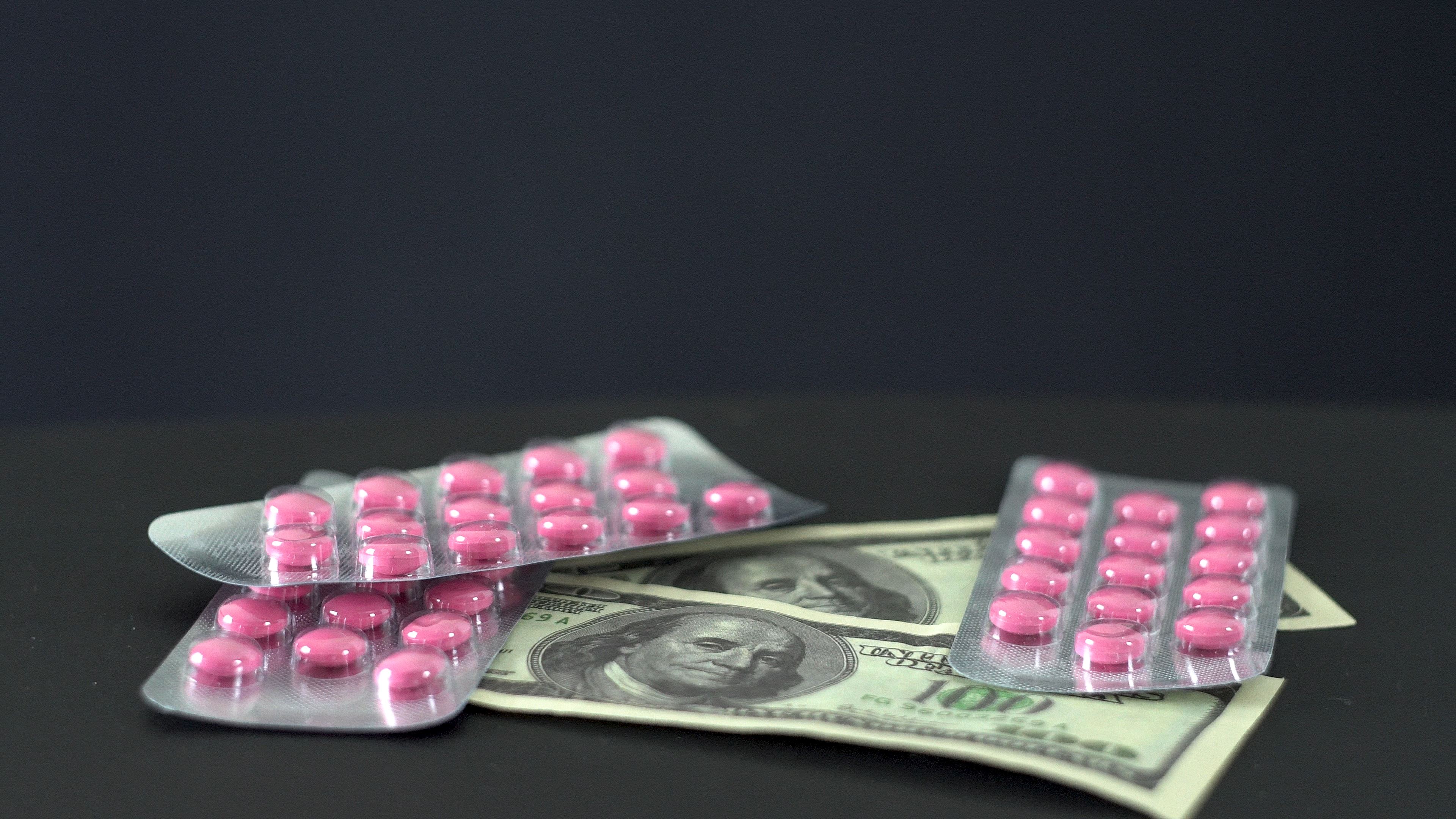We all know about Pharmacy Benefit Managers (PBMs).
Over the past several years, Big Pharma has spent billions to cast them as the middleman responsible for high drug costs.
While those claims have largely been proven untrue, legislators in North Carolina are still attempting to pass a law that overregulates PBMs and slaps consumers with a new Pharmacy Tax.
What if, however, our policymakers have zeroed in on the wrong middleman?
There is another actor in the drug supply chain that has flown under the radar. And, unlike PBMs whose role is to negotiate lower prices, this middleman’s role is to negotiate higher payments for drugs which are then passed onto consumers.
They are called Pharmacy Services Administrative Organizations (PSAOs), and they are owned and operated by some of the largest companies in the world.
PSAOs: What do they do?
PSAOs are made up of thousands of independent pharmacies who contract with the PSAO for services such as negotiating reimbursement rates, dispensing fees, and participation in pharmacy networks.
In turn, PSAOs use their size and power to negotiate favorable deals for pharmacies, the cost of which are borne by the consumer.
It is the same business model used by PBMs. But where PBMs use it to negotiate lower costs for consumers, PSAOs use it to achieve higher payments to pharmacies.
PBMs represent multiple health plans. This allows them to control a high-level of demand, which in turn gives them greater negotiating power with drug manufacturers to drive lower costs.
PSAOs represent multiple independent pharmacies. This allows them to control a high-level of supply, which in turn gives them greater negotiating power with PBMs to drive higher reimbursements.
94 percent of independent pharmacies in North Carolina are part of a PSAO.
PSAOs: The Big Three
Nationwide more than 75 percent of independent pharmacies are part of PSAOs owned by one of three companies.
These “Big Three” are AmerisourceBergen, Cardinal Health, and McKesson.
Each of these companies are inside the top 20 of the Fortune 500 rankings.
The scale of their PSAO operations is striking.
The number of pharmacies that make up McKesson’s PSAO “vastly exceeds the network of pharmacies operated by Walmart or Rite Aid.”
The AmerisourceBergen and Cardinal Health PSAOs each have more than double the number of pharmacy members as Rite Aid.
This size and scale gives PSAOs enormous power to drive higher payments for drugs.
According to one study that examined a national insurance network, “PSAOs representing independent pharmacies consistently negotiated for and received the highest prices among all pharmacies.”
These higher costs are reflected in insurance premiums and out-of-pocket costs.
PSAOs: Who are they really?
As enormous as these companies are, their PSAO operations do not make that much money.
According to a GAO report, 9 of 10 of PSAO owners surveyed stated there was “little to no profit earned from the PSAO services they provided.”
So then why offer the services?
Because it benefits their other non-PSAO lines of business.
The “Big Three” of AmerisourceBergen, Cardinal Health, and McKesson are the three largest drug wholesalers in the United States.
Wholesalers sell drugs to pharmacies. The pharmacies represented by their own PSAOs are their customers.
This creates a conflict of interest where PSAOs may favor the business interest of the wholesaler who owns them over the pharmacy they represent.
For example, in exchange for its services, the PSAO could require pharmacies to purchase drugs from the wholesaler even if less expensive options are available.
One PSAO interviewed for the GAO report confirmed that it limited its services to pharmacies who were “customers of its drug distribution line of business.”
Higher acquisition prices will eventually be passed back to the consumer in the form of higher prescription costs.
PSAOs: What can be done?
PSAOs have remained largely anonymous in the complex drug supply chain.
While many of their services may add value to independent pharmacies, more transparency is needed.
Transparency is especially important in the instances where a PSAO is owned by a drug wholesaler.
Consumers should not bear the cost as Fortune 500 wholesalers use PSAOs to fuel their drug distribution lines of business.







.jpeg)

